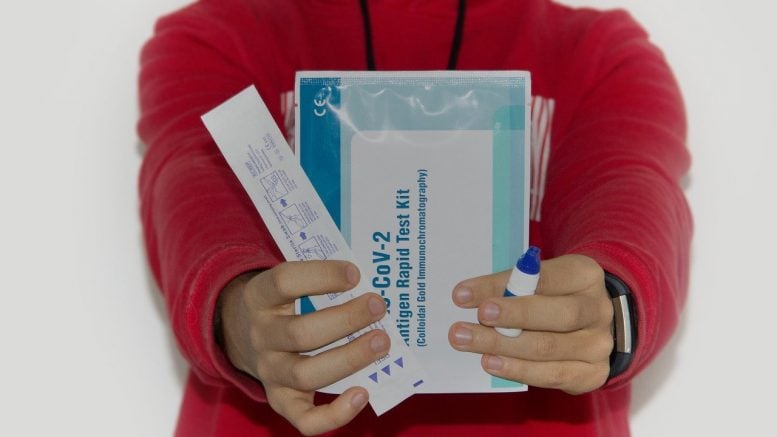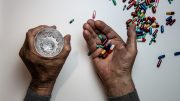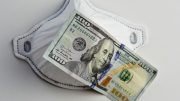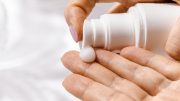On March 5, the U.S. Food and Drug Administration issued an emergency use authorization (EUA) for the T-Detect COVID Test developed by Adaptive Biotechnologies. The T-Detect COVID Test is a test to aid in identifying individuals with an adaptive T cell immune response to SARS-CoV-2, indicating recent or prior infection with SARS-CoV-2.
“Today’s authorization further underscores the FDA’s commitment to innovation in test development,” said Jeff Shuren, M.D., J.D., director of FDA’s Center for Devices and Radiological Health. “The T-Detect COVID Test is a novel technology that assesses the T cell immune response to COVID-19. Information and scientific data that deepen our understanding of SARS-CoV-2 remain important keys to get ahead of this global pandemic.”
US Testing Statistics
According to the statistics data, as of March 8, 2021, the United States had performed the third most COVID-19 tests per one million population among the countries most severely impacted by the pandemic. The U.S. has conducted around 369 million COVID-19 tests in total.
The World Health Organization (WHO) sent a clear message to all countries in March 2020: test, test, and test. The more tests that are conducted, the easier it becomes to track the spread of the virus and reduce transmission. Many countries followed the advice, identifying a greater number of cases at an earlier stage, isolating infected individuals, and limiting the spread of the disease to others. International travel bans have returned in recent months following the discovery of virus mutations. Essential travel is permitted, but passengers must expect to provide a negative COVID-19 test.
Countries around the world are making widespread testing a key part of their plans to exit lockdown. However, the global demand for antibody test kits has been huge. The kits are used to identify antibodies in a person’s blood sample. The presence of antibodies means the individual has been exposed to the SARS-CoV-2 virus and developed antibodies to help fight it. Antibody tests are important in detecting infections in people who are asymptomatic, i.e., showing few or no symptoms. Asymptomatic carriers may have unwittingly contributed to the rapid spread of the disease.
T-Detect COVID Test
The test analyzes DNA (deoxyribonucleic acid) sequences from T cells (white blood cells) to aid in identifying individuals with an adaptive T cell immune response to SARS-CoV-2, indicating recent or previous SARS-CoV-2 infection.
A positive test result indicates recent or prior infection with SARS-CoV-2, while a negative test result indicates that a patient is unlikely to have been infected with SARS-CoV-2. Negative results do not preclude acute or current SARS-CoV-2 infection. All results from the test should be used in combination with a clinical examination, patient medical history and other findings. The T-Detect COVID Test should not be used to diagnose current SARS-CoV-2 infection.
“A T cell response may be detected in blood several days after initial infection; however, it is unknown how long the T cell immune response remains following infection and what level of protection may be provided by the presence of a T cell immune response. The T-Detect COVID test will be a useful tool to help determine if a person previously had COVID-19. This is especially important for people who may have exhibited symptoms previously or believe they have been exposed but have not tested positive for COVID-19 using a molecular or antigen diagnostic test,” – the FDA said.
The test is indicated for use by qualified healthcare professionals on samples from individuals who are 15 days or more post-symptom onset. Testing is currently limited to laboratories designated by Adaptive Biotechnologies Corporation that are certified under the Clinical Laboratory Improvement Amendments of 1988 (CLIA) and meet the requirements to perform high complexity tests.





Be the first to comment on "FDA Authorizes T-Detect COVID Test"